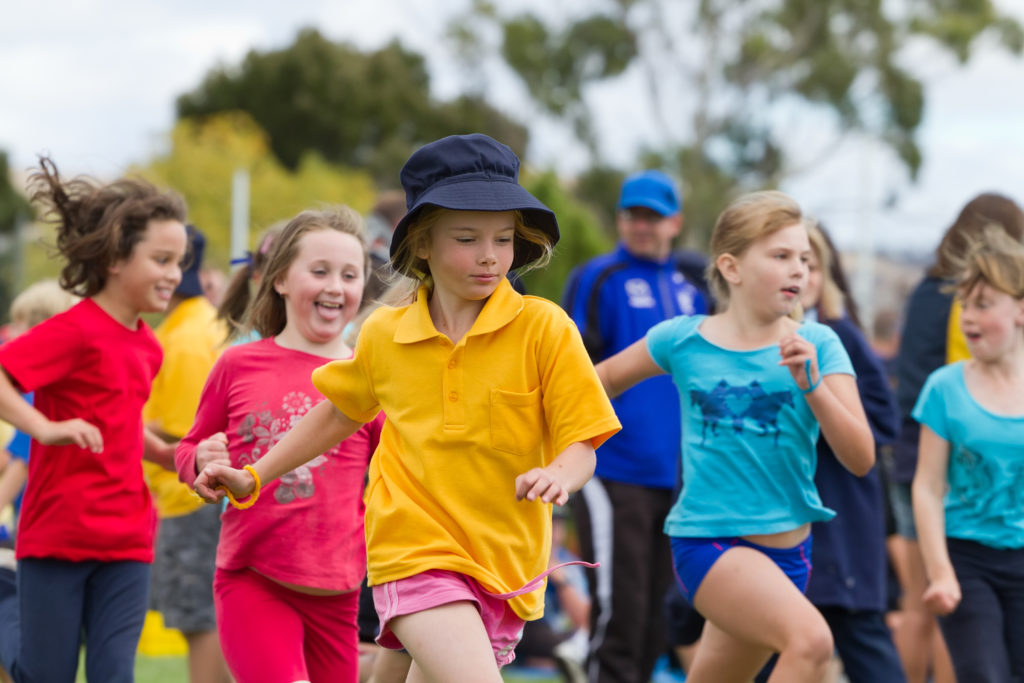Quick Hits
Daily brief research updates from the cognitive sciences

I always find these long-term studies fascinating. Imagine launching study and not knowing what the outcomes will be for another 30 years!
This is precisely what this study did. It measured children in 1985 and now the researchers at the Monash University in Australia have analysed the data over a 30-year period.
What did they find?
Well, as the title suggest it found some interesting correlations. 1’200 children between the ages of 7 and 15 were measured on various aspects of fitness: fitness (cardiorespiratory, muscular power, muscular endurance). In addition, their obesity, or rather thier waist-to-hip ratio, was measured.
There was then follow up assessments on psychomotor speed-attention, and various cognitive functions at three different time points.
They found that higher physical fitness and lower obesity in childhood had better scores on processing speed and attention, as well as in global cognitive function. Of note is that cognitive functions in mid-life are also associated with risk of dementia in later life.
This shows that fitness as a child leaves life-lasting benefits. This is not the only study to note this I have also reported on the healthier brains and better brain circuits that seem to last a lifetime in children who exercise.
So, if you have kids – make sure they get their exercises. If you are a kid get some exercise. If you are already an adult – well, you might not reap the full benefits of childhood exercise, but exercise is still very good for many things as I reviewed here, and even the simplest exercise of all, walking, has amazing benefits●

Andy Habermacher
Andy is author of leading brains Review, Neuroleadership, and multiple other books. He has been intensively involved in writing and research into neuroleadership and is considered one of Europe’s leading experts. He is also a well-known public speaker speaking on the brain and human behaviour.
Andy is also a masters athlete (middle distance running) and competes regularly at international competitions (and holds a few national records in his age category).
Reference
Jamie L. Tait, Taya A. Collyer, Seana L. Gall, Costan G. Magnussen, Alison J. Venn, Terence Dwyer, Brooklyn J. Fraser, Chris Moran, Velandai K. Srikanth, Michele L. Callisaya.
Longitudinal associations of childhood fitness and obesity profiles with midlife cognitive function: an Australian cohort study.
Journal of Science and Medicine in Sport, 2022
DOI: 10.1016/j.jsams.2022.05.009
More Quick Hits
COVID on the Brain
Many COVID-19 patients have reported various neurological symptoms – the well-known brain fog, but also headaches and decreased cognitive function over months and extended periods of time. This even without serious infection or hospitalization. The research seems to...
Life satisfaction after work related to personality traits
As many of you know I have done plenty of work into personality and so found this study interesting. Dusanee Kesavayuth of Kasetsart University in Bangkok, Thailand analysed data from 2,000 adults aged between 50 and 75 in the British Household Panel Survey and found...
Unique regulation of brain in yoga practitioners
Quick HitsDaily brief research updates from the cognitive sciences es, you yoga practitioners knew you were special and here is the science to prove it! In this older study I came across (2018) participants were recruited to see how they dealt with...
Neurodivergence and the lonely brain
Quick HitsDaily brief research updates from the cognitive sciences eurodivergence is term that describes those that are not “neurotypical” such as those with autism and ADHD. In the surge of research into loneliness spurred by the pandemic it has...
Art Engages the Social brain
Quick HitsDaily brief research updates from the cognitive sciences reported in last week’s Quick Hits on how engaging in the arts has a relationship with self-control and avoidance of disagreeable and criminal behaviour and that is why this...
Swearing can increase strength, self-confidence, and risky behaviour
Quick HitsDaily brief research updates from the cognitive sciences wearing is frowned upon in many circumstances but is also used by many people in casual situations and particularly by comedians. So why do we swear if it is taboo? A team of...






